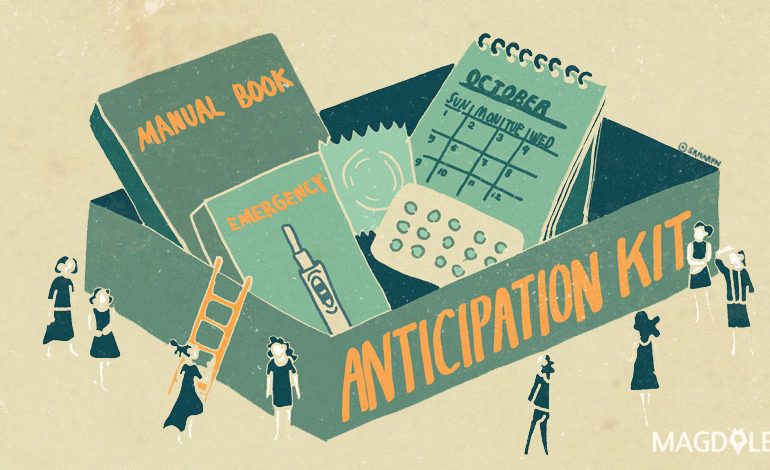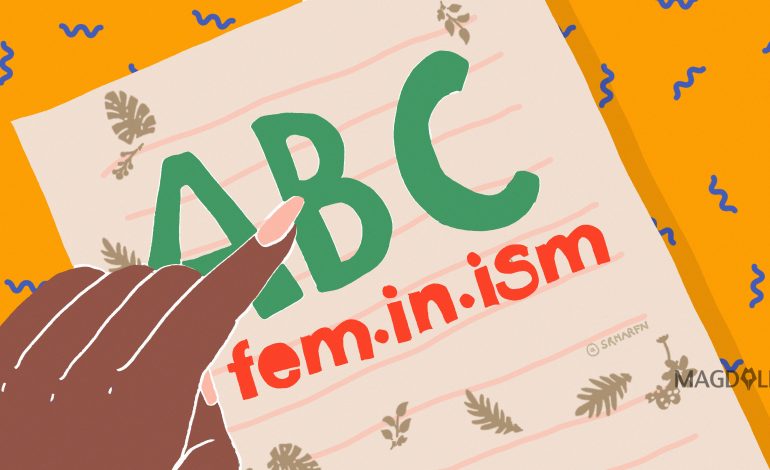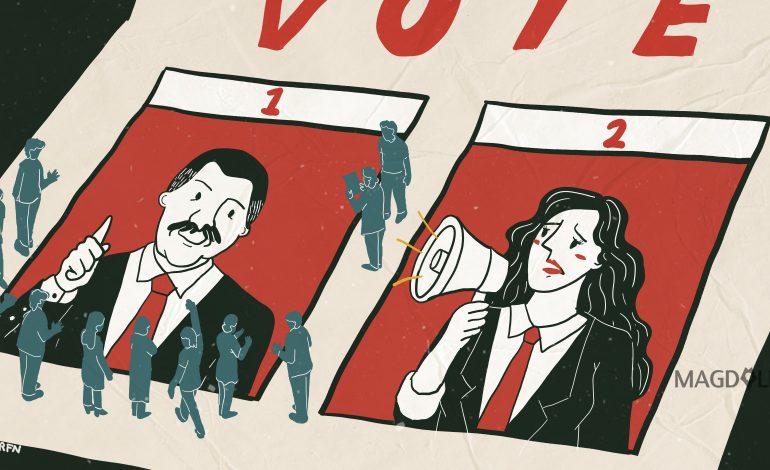How My Husband and I Choose the Contraception for Us

I love that I can ask questions like, “if we ever found out that one of us is infertile, how would you react?” to my then-boyfriend and still get a calm and sound answer.
He wasn’t worried, bothered, or upset by the thought of not being able to have his own child. Neither was I when he asked me back the same question.
After that conversation, I felt more content and confident about our future prospect, knowing that we’re going to be okay.
Because of his calm and rational response, we were able to discuss what is still considered taboo yet crucial issues in a relationship. And one of those issue was family planning.
Before I even made the decision to marry him, I knew that I had to understand his take on family planning, at least if or when he wanted to have kids, because I was pretty sure that I didn’t want to have kids right away after marriage.
I was relieved when I found out that we were on the same page about family planning. We don’t dismiss the idea of having kids, but we were definitely not planning to have one soon after our wedding.
We knew that we had to find an effective birth control method. Thankfully, we both understood that this was something we had to do together. We understood that the full involvement of both the male and female partner in family planning and in choosing the contraceptive methods is mandatory.
He understood that he shouldn’t be just supporting women in family planning. We’re both in it. It’s not mine or his decision to have or not to have kids. It’s ours, so both of us have to be involved. Thus our journey of choosing the most suitable contraception for our plan begun.
After we both agreed that we didn’t want kids right away, we had to let each other know what kind of timeline we were talking about. Neither of us could pinpoint when exactly we were going to be ready. But we were pretty sure that two years is still not a good timeline. The third year was probably okay. Probably. So we decided that we would be looking for an effective contraceptive method that lasted for at least three years.
According to plannedparenthood.org, there are 18 choices of birth control methods, male and female contraceptives combined. We only knew a few of them at that time. How could we begin to choose? We got back to our initial decision when weighing on the plus and minus sides of these choices.
The first thing that came to our mind was condom, male and female condoms. But we dismissed it right away. We were looking for something that could last for at least three years. Condoms are too much hassle, too expensive and not that reliable. Plus, we’re not thrilled by the idea of stacking boxes of condoms every other week.
What about vasectomy? Even though it can be reversed, it would involve a major and complicated operation. So, vasectomy was almost like a permanent decision and we still want kids probably in three years. Besides, it is too damn expensive.
Then there are female contraceptives with more than a dozen choices. But at that time, I only knew and considered a few of them.
One of the most popular methods is the pill, but I wasn’t interested in it, maintly because fo the high risk of failure. I have to regularly take it at the exact same time every day. If I forget to take the pill, we have to be ready for a “surprise”.
There are also some side effects caused by the hormones contained in the pill, like a change in sexual desire, sore breasts, nausea, or headaches. Also, I couldn’t imagine taking the pill every day for years to prevent pregnancy. It just seems like too much work.
The next option that we considered was the birth control shot. But because it is also a hormonal treatment, similar to the pill, I didn’t choose this method. I would have to get an injection every three months for 12-13 weeks. It’s not that I’m afraid of the needle. It’s just too high maintenance.
So what’s a long-term and low maintenance birth control choice that might work for us? Immediately, I suggested Intrauterine Device (IUD) to my husband.
I knew about IUD from my mom. She once told me that she used IUD after giving birth to my younger brother. For her, it worked for more than 10 years until she finally had it removed in her late 40s.
IUD is known as one of the most effective non-permanent contraceptives with 99 percent effective rate. That means fewer than 1 out of 100 women who use an IUD has a chance of getting pregnant each year. Plus, it is a very low maintenance birth control method.
There are two types of IUD, the hormone-based IUD that is effective for 3–5 years and the copper-based IUD that can last for 10 years. Although hormon-based IUD seemed to fit our timeline, I didn’t want to deal with something that affects my hormone. So we chose the copper-based IUD.
What about the side effects? Yes, the cramping was awful when my doctor put it in and afterward. But, thankfully, it only lasted a day. There were no menstrual cramps, but I constantly had spotting and it did mess up my period schedule for around three months.
What about the infamous “pull out” method? Honestly, my husband and I didn’t even have to discuss this. We knew we didn’t want it. The risk is too high and we didn’t believe that we could or want to rely on this method for three years.
My final note: this is purely my husband’s and my take on planned parenthood and contraception. We choose what we thought would work for us and our choice might or might not work for your situation.
So, if you’re currently thinking about family planning, I seriously recommend you to discuss it directly and openly with your partner. If you have questions, doubts or disagreements on choosing the birth control that works best for both of you, consult a medical professional –more than one if you should. When it comes to contraception, the decision should be yours and your partner alone, not your neighbor, your aunt, your ustadz or ustadzah, your friends, or even your parents.
Illustration by Sarah Arifin






















